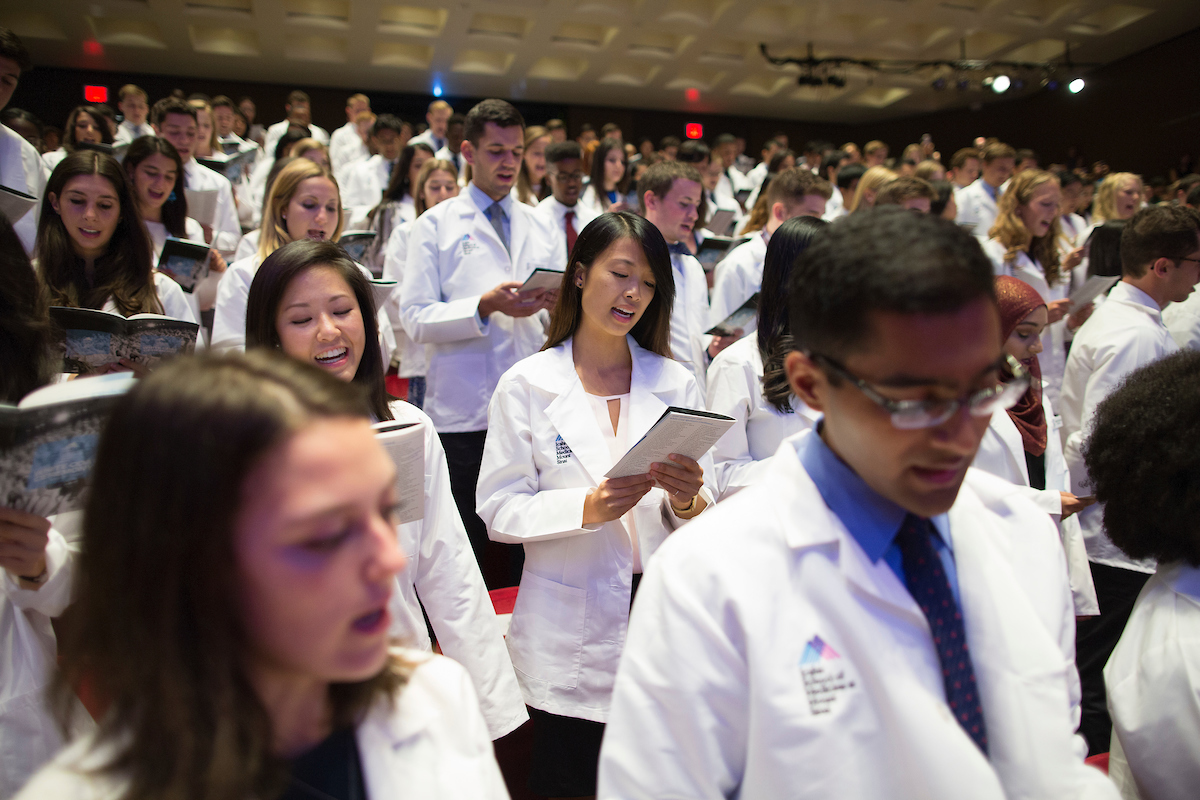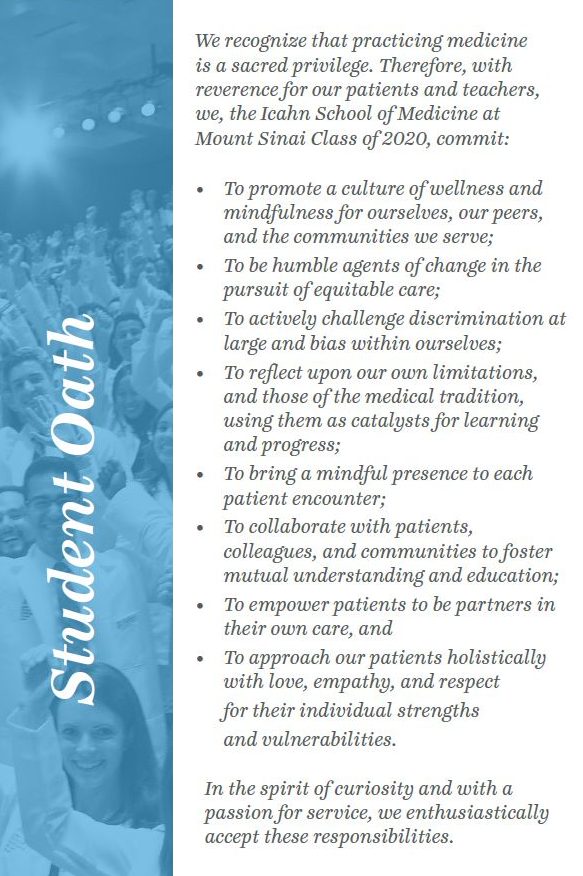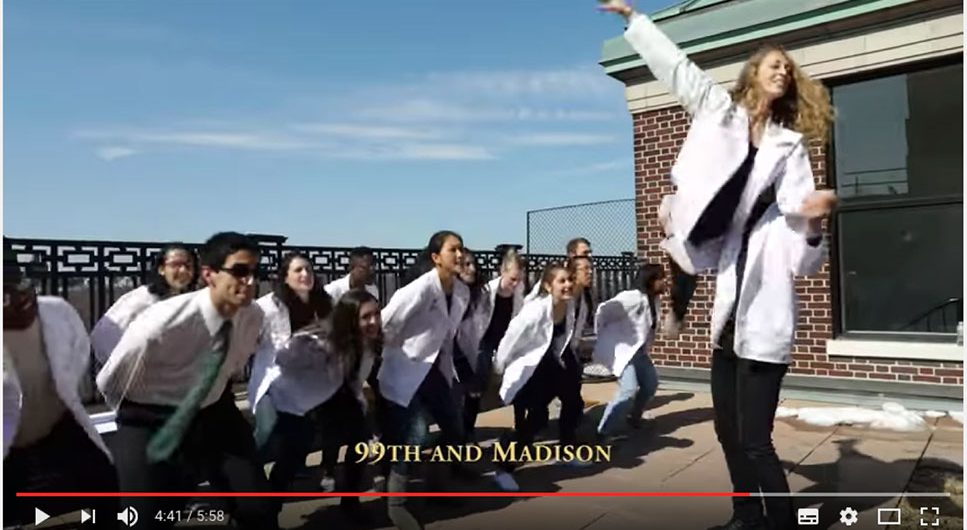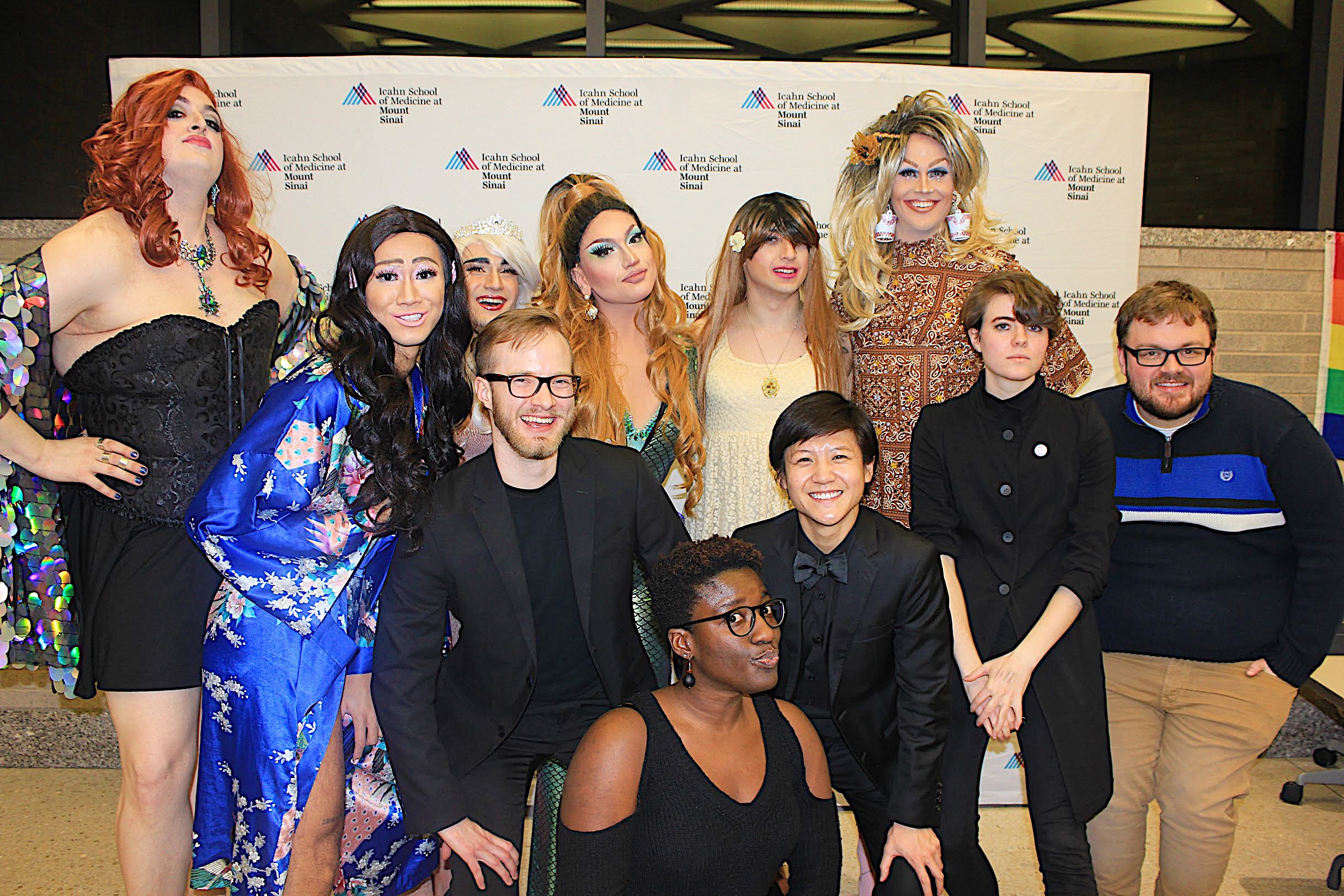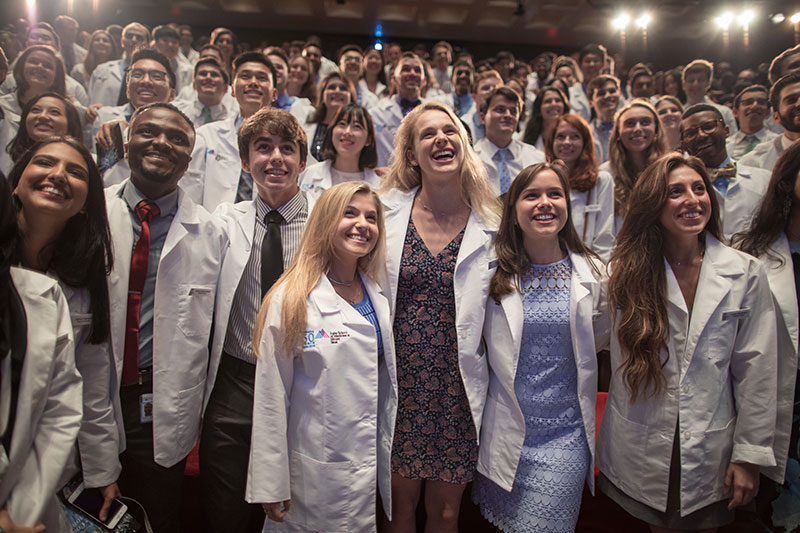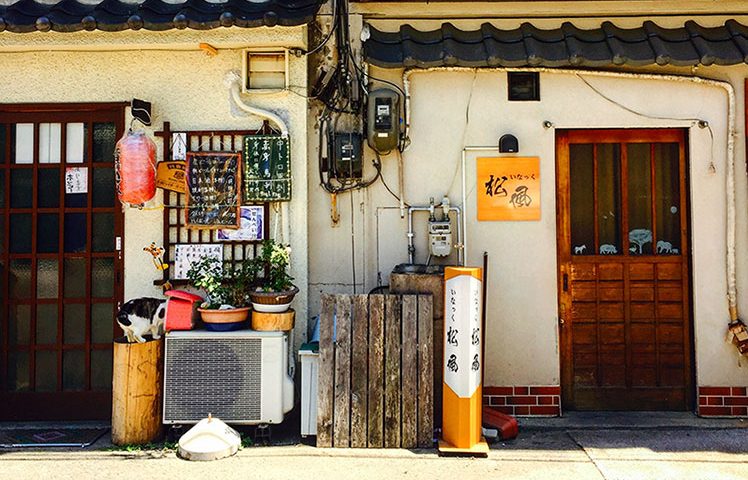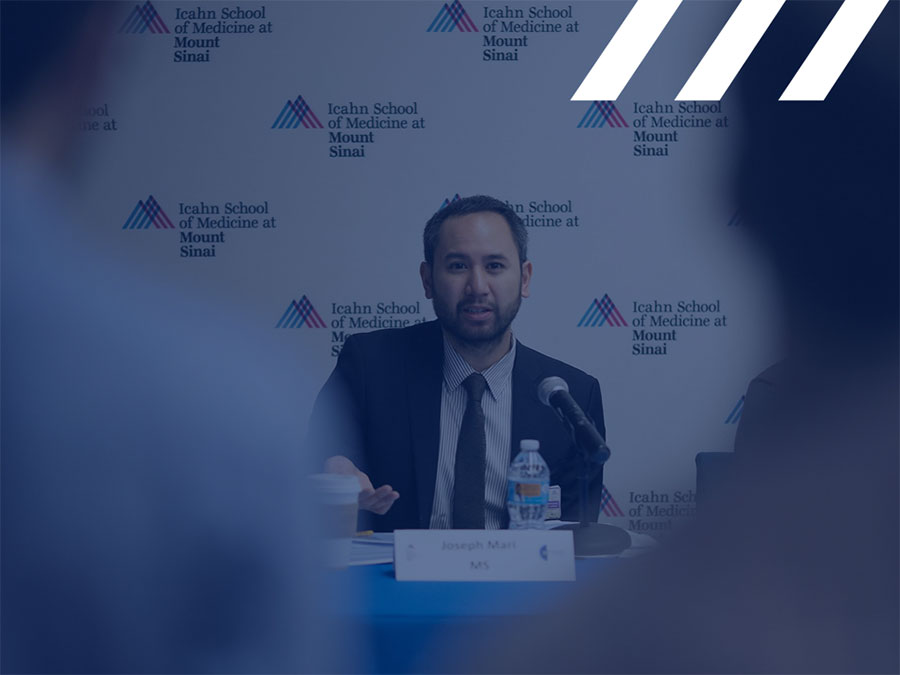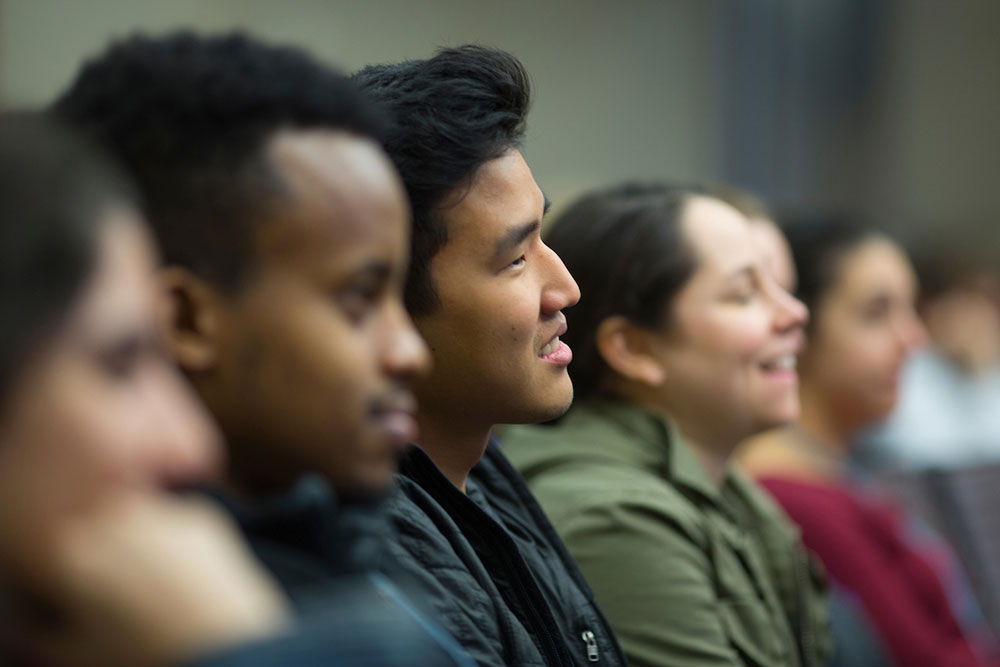We invited positive psychology practitioner, Jordyn Feingold, MAPP to share her tips on improving well-being while in medical school. Jordyn, in a week-long series, will explore the concepts of REVAMP—a novel approach to well-being. Here, she discusses the fifth element of the model: meaning.
When we think about precious moments in our lives, undoubtedly a flood of positive emotions ensue. Perhaps during those moments, you were filled with gratitude, awe, humility, serenity, love, or some combination of those emotions. Ultimately, you were interconnected to an experience beyond yourself. This is the concept of meaning—a human desire to belong to something larger than the self. I like to think of this concept as “psychological sacredness,” which says nothing about the existence of a higher power; rather, it reflects the unique human tendency to have an inner-world of values and goals.
If you’ve been fortunate enough to have experienced these elements of psychological sacredness (whether through religion, music, nature, or a patient experience) you have created a sense of meaning to your life—something that’s essential for well-being.
For medical students in training, I have great news: the profession we are entering is perhaps one of the most inherently meaningful vocations that exist. It requires that we learn to tap into this psychologically sacred space to gain immense meaning from our work.
Formal programs such as the Healer’s Art Course use principles of contemplative studies, humanistic and cognitive psychology, as well as creative arts and storytelling to present and explore human dimensions of medicine that are rarely discussed during formal medical training. The mission of this program is to help students “uncover and strengthen the altruistic values, sense of calling, and intention to serve that have led them to medicine, creating a firm foundation for meeting the challenging demands of contemporary medical training and practice.”
Informally, through our student wellness organization, IcahnBeWell, we are currently working to bring some of these principles to the student experience each week with our “Well-being Wednesday’s.” These weekly and informal gatherings are open to all medical and graduate students, to provide an opportunity to delve, contemplate our student experiences and discuss our meaningful takeaways from them. We hope that this will also become a self-sustaining community that students at the Icahn School of Medicine at Mount Sinai (ISMMS) feel connected free to decompress and experience psychological sacredness together.
As medical students at ISMMS, one of the first things we did as a class was create a class oath. The purpose was to make a promise to ourselves and our future patients to be responsible as future physicians. As a class, we regularly connect with our oath, to stay in touch with our intrinsic desire to heal and meaningfully engage with patients and with our profession.
I encourage you all to remain in touch with the reasons you decided to become a doctor. Contemplate your purpose and meaning as a medical student and as a future doctor. Additionally, make time for things outside of your classroom work or rotations that give you the opportunity to be part of something larger than yourself. Sustaining your sense of meaning, both in medicine and in your life, will be essential for creating meaningful experiences and achieving optimal well-being.
ABOUT THE AUTHOR
 Jordyn Feingold is a first-year medical student at the Icahn School of Medicine. She is passionate about integrating the science of well-being into medicine and creating cultures that enable practitioners and patients to thrive. Jordyn completed her undergraduate studies in Health and Societies as well as her Master’s of Applied Positive Psychology (MAPP) at the University of Pennsylvania. For more information about positive psychology or the REVAMP theory, reach out to her at: Jordyn.Feingold@icahn.mssm.edu.
Jordyn Feingold is a first-year medical student at the Icahn School of Medicine. She is passionate about integrating the science of well-being into medicine and creating cultures that enable practitioners and patients to thrive. Jordyn completed her undergraduate studies in Health and Societies as well as her Master’s of Applied Positive Psychology (MAPP) at the University of Pennsylvania. For more information about positive psychology or the REVAMP theory, reach out to her at: Jordyn.Feingold@icahn.mssm.edu.

